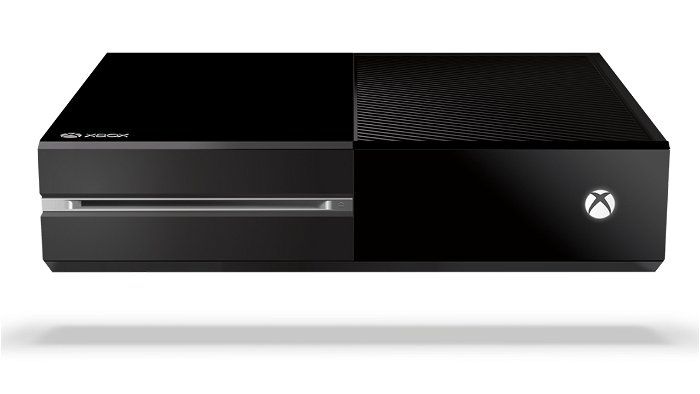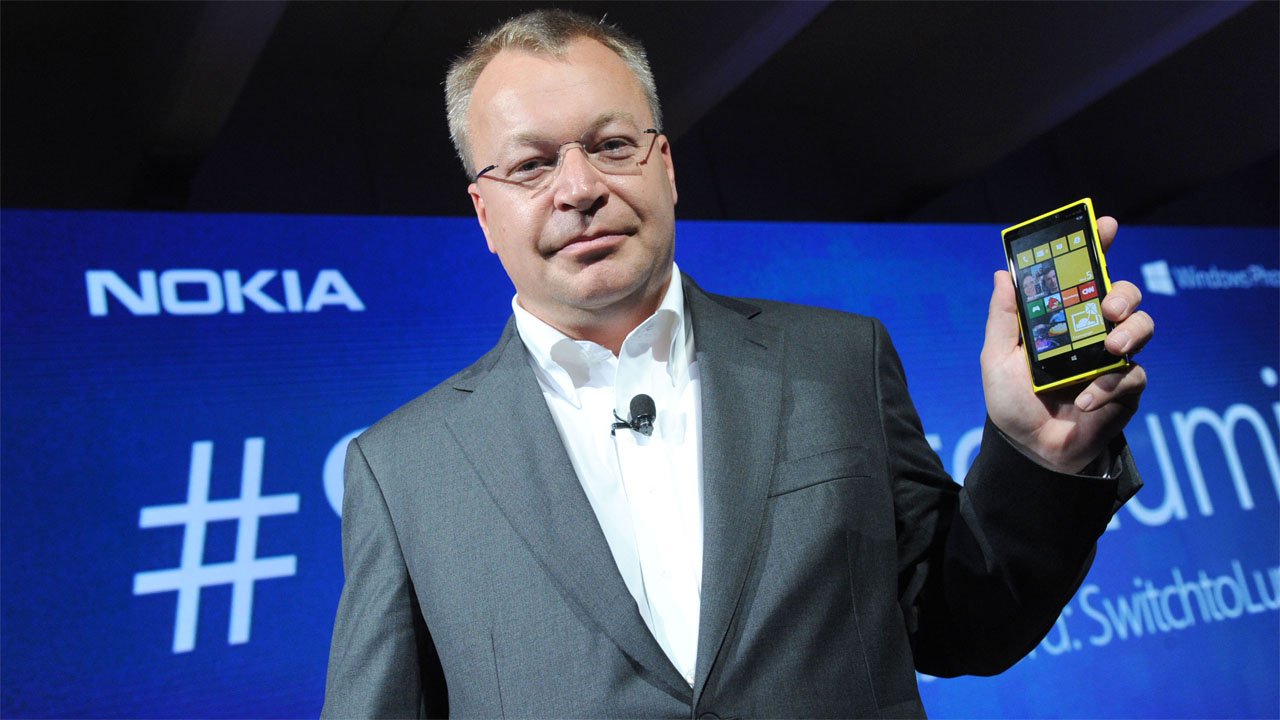The big news in executive shake ups this week is the announcement that Stephen Elop—former CEO of Nokia—will now be taking the role of head for the Devices & Studios division, the portion of the company that handles videogames. In other words, the former head of Nokia is now in charge of the fortunes of the Xbox One and Xbox 360. This is a division that’s changed hands a lot over the years, with the dramatic and surprise departure of Don Mattrick last year, to be replaced by Julie Larson-Green who is now moving over to the “My Life & Work” team as Chief Experience Officer.
So what does this mean for the future of the Xbox One?
Back when the position of successor to CEO Steve Ballmer was in question, Elop was one of the candidates. At that time, he mused that Microsoft needed to focus its strategy and concentrate on what mattered most. He admitted that things like discontinuing Bing and selling off the Xbox division were things he was willing to consider. Part of that stems from his belief that Microsoft is still essentially driven by Windows and Microsoft Office, and that other efforts—like Bing’s war against Google, and the never-ending console war—distract from Microsoft’s primary goal.
Gamers are probably likely to disagree with this out of reflex, since the Xbox is now just at the start of establishing its presence for a third generation. But that doesn’t change the fact that from a pure business perspective, the Xbox division hasn’t been the easy cash cow for Microsoft that their operating system and productivity software have been.

After all, to investors that just want to see a return on that investment, the Xbox has been just one of many sticking points in Microsoft’s experiments over the years. The original Xbox arrived late into the sixth generation and barely had time to gain a foothold against the dominance of the PS2 before it was quickly mothballed in favor of more powerful hardware. Then the Xbox 360 unexpectedly cost the company an extra one billion dollars in warranty coverage for the infamous “Red Ring of Death,” the nickname for the high failure rate of the console. Finally, the Xbox One has managed to claim a decent amount of sales in North America, but it’s lost the dominance the 360 enjoyed, and is rapidly being outpaced globally by the PS4 thanks to is higher price, and US-centric TV functionality that has little use in other parts of the world.
The problem is that Microsoft, like Sony, is a company of many parts that has to answer to stockholders. Sony has the reverse problem of Microsoft; their game division is doing extremely well, but their traditional divisions—like television and computers—are under performing. In Sony’s case, their CEO, Kaz Hirai, made the tough call of selling off the computer division and making the TV division a separate subsidiary.
Microsoft is not in the same amount of financial crisis that Sony is, but it’s clear that certain divisions within the company aren’t as competitive as others. It’s still early in this generation to make any calls about clear winners and losers, but with new management comes changes. Stephen Elop is now in charge of the Xbox One’s welfare, and it will take a few more months to see whether he believes it’s a platform worth continuing to invest in, or one that needs to be removed from the Devices & Studios division to more firmly focus on the tablet and phone platforms that are where most hardware growth is occurring right now.




